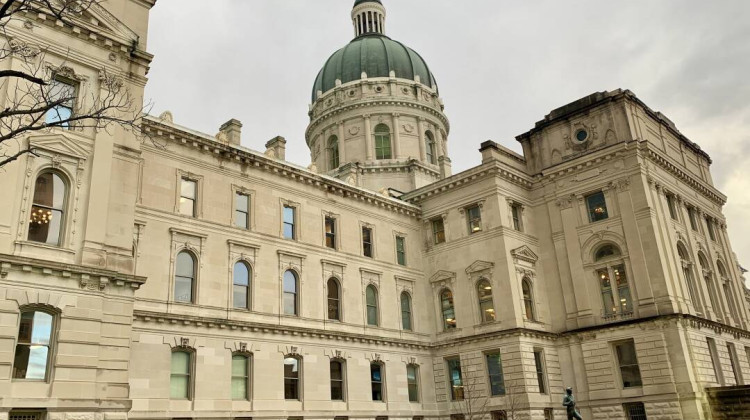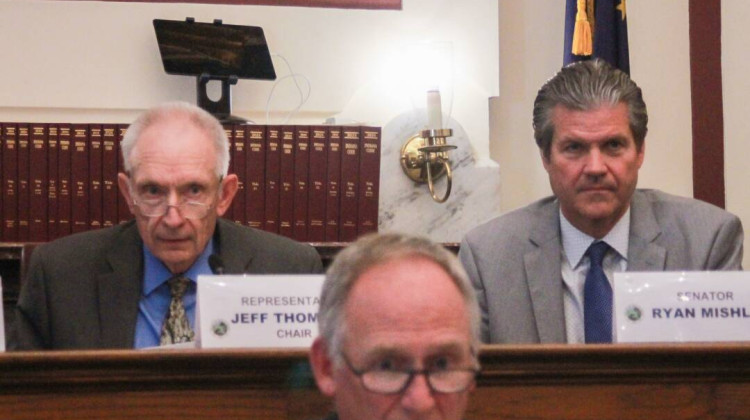
The Indiana Supreme Court declined to hear an appeal in a lawsuit challenging an Indiana law that governs how a candidate affiliates with a political party in a primary election.
FILE PHOTO: Peter Balonon-Rosen/IPB NewsA state law that governs how a person becomes a candidate in a partisan primary election will remain in place after the Indiana Supreme Court took a pass on a lawsuit challenging the statute.
But the question of whether that law is constitutional remains unanswered.
In order for a candidate to affiliate with the Republican or Democratic party in an Indiana primary, they have to fulfill one of two requirements. They must have voted in that party’s primary in the last two primary elections in which they cast a ballot; or, they have to get the permission of the county party leader where they live.
Charles Bookwalter tried to get on the ballot for the 4th Congressional District Republican primary last year. But he didn’t meet those requirements.
Join the conversation and sign up for the Indiana Two-Way. Text "Indiana" to 73224. Your comments and questions in response to our weekly text help us find the answers you need on statewide issues.
Bookwalter sued. Both a trial court and the Indiana Court of Appeals agreed that his lawsuit came too late — the election was over.
Bookwalter tried to get the Indiana Supreme Court to take his case, but the justices unanimously declined, leaving in place the appeals court ruling.
That ruling specifically didn’t address whether the voting record rule itself is constitutional.
Brandon is our Statehouse bureau chief. Contact him at bsmith@ipbs.org or follow him on Twitter at @brandonjsmith5.
9(MDAyMzk1MzA4MDE2MjY3OTY1MjM5ZDJjYQ000))
 DONATE
DONATE






 Support WFYI. We can't do it without you.
Support WFYI. We can't do it without you.